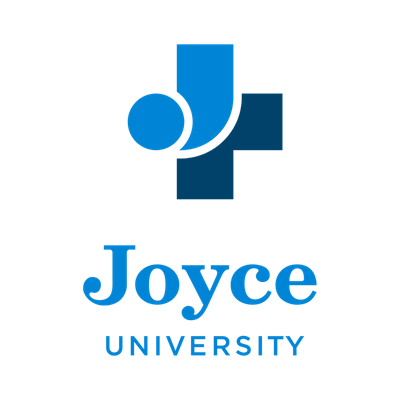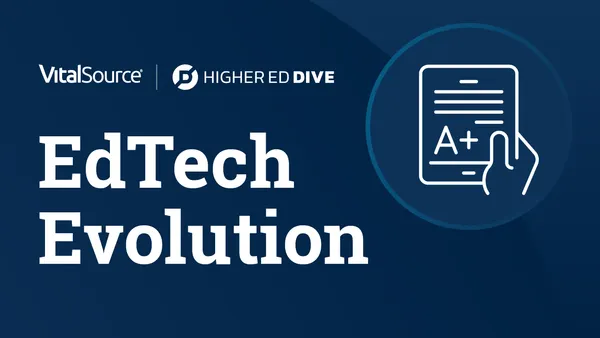Dive Brief:
- Despite some setbacks, some massive open online courses are growing, with three of the 10 most popular courses provided on Coursera, a leading provider of MOOCs, produced by Deeplearning.ai, according to a report in EdSurge. Students are drawn to artificial intelligence courses led by Andrew Ng, the firm's founder and a leading figure in AI who co-founded Coursera while at Stanford University.
- Ng's machine learning course, which was Coursera's first MOOC, has enrolled more than 1.7 million, and his new series of courses introduced last year have enrolled 250,000, which means, according to EdSurge, that he "teaches more people than anyone else on the planet.” Typically, Coursera students pay a $49 a month fee, which allows them access to courses, talks with the professor and a graduation certificate. The presenters get half the course's revenue.
- Another online MOOC provider, Udacity, founded by another former Stanford professor, Sebastian Thrun, offers most of its courses without university help, and is valued at more than $1 billion.
Dive Insight
The University of Michigan, which presents two of the top 10 Coursera classes, believes it can offer a wider range of courses taught by qualified experts. “One of the ways we can do that is in our breadth," James DeVaney, who is responsible for academic innovation at the institution, told EdSurge.
Meanwhile, Carnegie Mellon University recently announced it will begin offering an AI degree this fall, the first of its kind in the U.S., which will compete with Ng's MOOC program.
Despite some big numbers, reports have shown that MOOCs don't retain students, citing one case where a series of courses offered by a collection of universities only certified 5.5% of the 841,600 students who registered. Of that group, 35% of registrants didn't view any of the course material.
About a year ago, Robert Ubell, vice dean emeritus of online learning at New York University's Tandon School of Engineering, wrote in an Institute of Electrical and Electronics Engineers publication that an estimated 58 million people had signed up for MOOCs, but their completion rate was less than 7%, which he attributed to a failure to understand how people learn and the reasons that universities are moving away from the type of delivery MOOCS favor.
Others say MOOCS bring education to underserved areas, but a Harvard-MIT study showed only 3% of those participating in the these online courses it examined were from underserved populations and 65% already had a bachelor's degree.
MOOCs are changing their business models that will make the courses less accessible to some. Courses on the nonprofit edX could be taken for free, but participants had to pay for a certificate. Now edX says it will begin charging a “modest support fee” for some courses.
An analysis in EdSurge suggests that MOOCs may not be a "destination but a proving grounds for future opportunities," and a way for institutions to identify talent to see who has digital fluency, a willingness to contribute, grit and motivation and collaborative skills. Some online courses now screen potential workers or students or help pre-train them.












